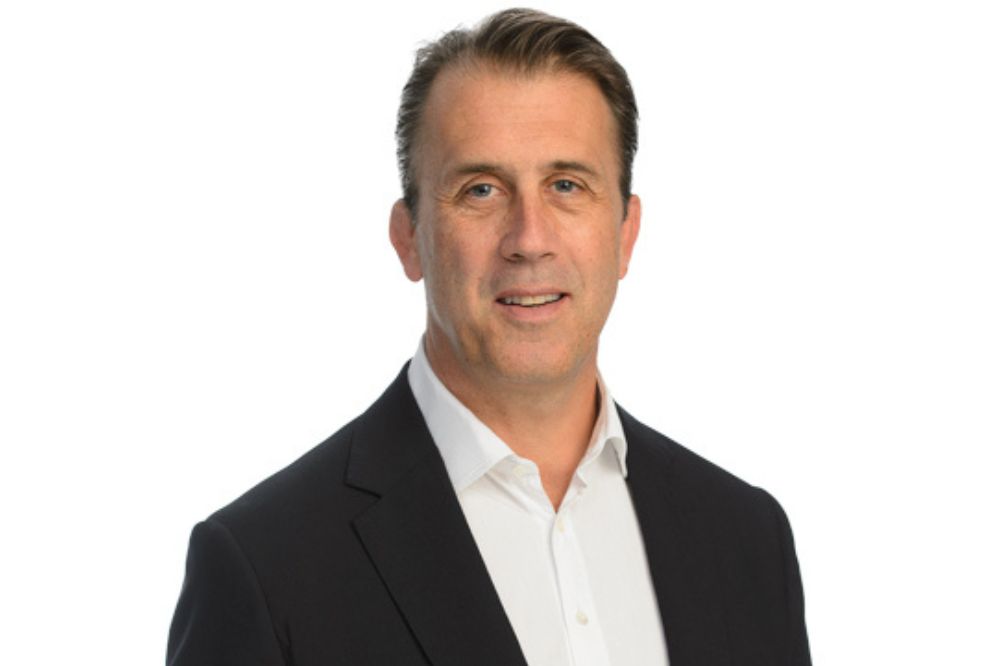What’s a broker’s job in a vastly challenging world?

What’s a broker’s job in a vastly challenging world? | Insurance Business Canada
Insurance News
What’s a broker’s job in a vastly challenging world?
They have “a fundamental role” to play, believes global CEO
Insurance News
By
Daniel Wood
“We, as a broking community, it is our pivotal role to be part of that solution, that’s our job, that’s what we do,” said Nick Cook (pictured above), CEO of BMS Group.
London-based Cook was answering questions from Insurance Business during his recent visit to Australia. IB asked about the current challenges to doing business, including the economic doom and gloom of higher interest rates and inflation.
“It’s not just economics that’s impacting the insurance business,” said the global boss. “There’s the geopolitical situation potentially developing in Asia – where obviously there’s been less than helpful rhetoric from certain parts – and clearly, what’s going on with Russia and Ukraine has an impact.”
However, he said this economic and geopolitical situation, like those before it, creates both challenges and opportunities. Cook referred to the 2008 global financial crisis, the terrorist attack on the World Trade Center, international conflicts and the energy crisis to illustrate the differing impacts on stock markets and economies around the world.
The “counter cyclical” insurance business
Cook said the effects on the insurance industry, in some ways, tend to be contrary to other economic impacts.
“Actually, what happens in the insurance industry is it’s incredibly resilient and it’s actually counter cyclical,” he said. “In times of crisis, buyers of insurance tend to buy more and banks and regulators also make organizations and corporations buy more insurance and take less risk on their balance sheet.” As a result, said Cook, insurance plays “a fundamental role in resolving that risky world.”
The BMS CEO said that appeals to investors.
“From an investor’s perspective, because of that resilience and because of that counter cyclical nature of our business, there are still vast quantities of capital that’s looking to invest in insurance, in particular in insurance distribution,” said Cook.
“Interestingly,” there’s less interest from investors in the underwriting side of the insurance business, he said. However, from Australia to the UK, Cook said capital is looking to invest in insurance.
“I’m talking sovereign wealth funds, private equity, pension funds – and this is global,” said Cook. “There is no shortage of dry powder and capital that is looking to invest in insurance distribution and they’re not worried about the economic outlook or the geopolitical outlook.”
However, Cook didn’t underplay the often devastating impacts of current economic challenges on everyday people.
“When you slightly change the lens and look at this from a more personal perspective, clearly, at a family level anyway, this is creating enormous problems,” he said.
Cook pointed to inflation, rising interest rates, the increasing cost of energy and commodities including gas, electricity and food as a result of Russia’s invasion of Ukraine.
“So from a personal perspective that’s having big impacts on a family’s ability to spend, feed themselves and keep warm, but, from a business perspective, it’s actually the opposite,” he said.
How do you find a market for climate change risks?
Cook agreed that the recent frequency of natural catastrophes around the world is impacting the insurance business like no other challenge before.
“The short answer is ‘yes’ [they are],” he said. “I would challenge anyone that argues against the evidence that is clearly presenting itself in terms of the world’s climate is changing, has changed, period, full stop and that is presenting enormous challenges.”
He said the greatest challenge to the insurance industry is finding ways to make money underwriting nat cat risks.
“Can you make returns for your shareholders when you have this severity?” he said. “What keeps me awake at night is the fact that we’ve got clients that need to buy flood, they need to buy hurricane cover and if we don’t have a market, we haven’t got a solution.”
Cook said part of the solution is for brokers to bring in new capital, from Lloyd’s, Bermuda or elsewhere.
“Everyone is screaming for new forms of capital and new forms of underwriting risks to be brought to the table to deal with these issues,” he said. “It’s now got to the stage [in Australia with flood risks] where companies, businesses and individuals are having to self-insure and that’s not good for the industry and it’s certainly not good for businesses.”
A tale of two sides
The “two sides” of the world’s current challenges, he said, have created an abundance of opportunities for some and suffering for others. The purpose of the insurance broker, he said, is to find solutions.
“As we’re presented with new risks our job is to innovate, adapt, come up with new solutions, new capital and bring that to the market to ease people’s pressure,” said Cook. “That’s the entire purpose of our being, that’s why we’re here.”
What do you think of the current insurance industry challenges and the role of brokers? Please tell us below
Related Stories
Keep up with the latest news and events
Join our mailing list, it’s free!






